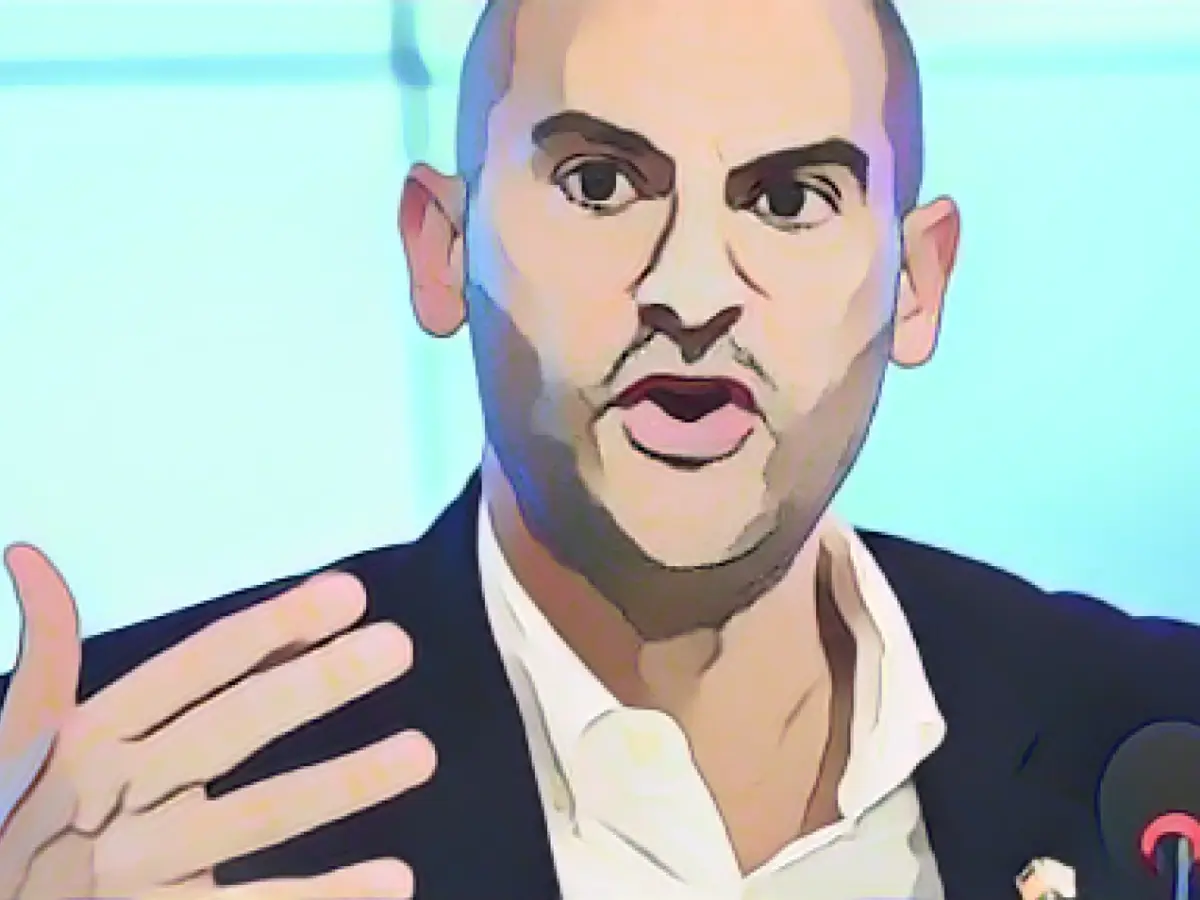Baden-Württemberg's Budget Policy Gets a Legal Scrutiny
In light of the ongoing financial crisis in the federal budget, Baden-Württemberg, one of Germany's wealthiest states, is also undergoing a thorough legal review of its financial policies. finance minister, Danyal Bayaz, confirmed this to the "Badische Zeitung" newspaper, emphasizing the need for external, impartial legal support to maintain future legal certainty.
The trigger for this review is a ruling by the Federal Constitutional Court on the federal budget, which had some not-so-friendly implications for other state budget policies. Unlike its federal counterpart, Baden-Württemberg has managed to steer clear of any misappropriations of coronavirus emergency loans. However, the court's ruling states that such loans can only be utilized within the financial year for which the emergency was declared. Baden-Württemberg, too, had utilized credit authorizations for coronavirus-related activities in 2022 – to finance tests, vaccinations, and related expenses throughout the year.
Now the legal experts, including financial and tax law expert Hanno Kube from the University of Heidelberg, are tasked with clarifying some critical aspects. Should the emergency situation be declared anew every year for such utilization? Also, does the determination concerning emergency loans apply to other credit authorizations? The expert opinion is expected to be completed by the first quarter of 2024.
Minister President Winfried Kretschmann from the Green Party assured the public that they have acted responsibly and adhered to good financial practices during the pandemic. He ruled out the need for any repayments and maintained that the budgetary practices would be voluntarily reviewed with a view to future modifications, if required. Interestingly, the constitutional one-year period is not written in the state constitution, so this is an area worth exploring.
Meanwhile, the opposition FDP parliamentary group criticized the state government's approach, stating that Baden-Württemberg had incurred debt of nearly €7.2 billion under emergency regulations but had only spent a fraction of it by the end of 2020. The rest was carried over to the subsequent years, and there was no longer any emergency declared. FDP questioned why Bayaz was seeking legal clarification now.
Industry unions, however, see legal clarifications as vital to maintain planning and investment security. Kai Burmeister, Chairman of the German Trade Union Confederation in Baden-Württemberg, supports special funds to enable sustainable climate initiatives, industrial restructuring, and social cohesion - all projects that require enormous investments.
Also, read about:
- While the federal budget crisis and the Federal Constitutional Court's ruling are causing nervousness among German states, Baden-Württemberg's Finance Minister Danyal Bayaz mentioned that the state did not misuse any coronavirus emergency loans.
- The Federal Constitutional Court ruled that such loans could only be used within the financial year the emergency was declared. Baden-Württemberg utilized credit authorizations to finance tests, vaccinations, and related expenses within the year 2022.
- Now, constitutional law expert Hanno Kube from the University of Heidelberg is expected to provide an expert legal opinion on the use of emergency loans, clarifying whether the emergency situation needs to be declared anew each time and whether the determination also applies to other credit authorizations.
- The opposition FDP parliamentary group criticizes Finance Minister Bayaz's approach, alleging that the state government had taken on a massive debt of €7.2 billion under emergency regulations but had only spent a fraction by the end of 2020.
- The German Trade Union Confederation in Baden-Württemberg supports special funds for sustainable climate initiatives, industrial restructuring, and social cohesion, agreeing that legal clarification is necessary to maintain planning and investment security.
Source:
Enrichment Insights:
- The broader context of budget policies in Germany during the pandemic shows that many states, including North Rhine-Westphalia (NRW) and Rhineland-Palatinate, have focused their budgets on education, internal security, and industrial transformation, with significant allocations for municipalities.
- The pandemic led to a reduction in private consumption by 6.1% in 2020, the largest drop in 70 years, but the Federal Constitutional Court's ruling on the EU aid package did not directly affect the budget policies of sub-sovereign states.








